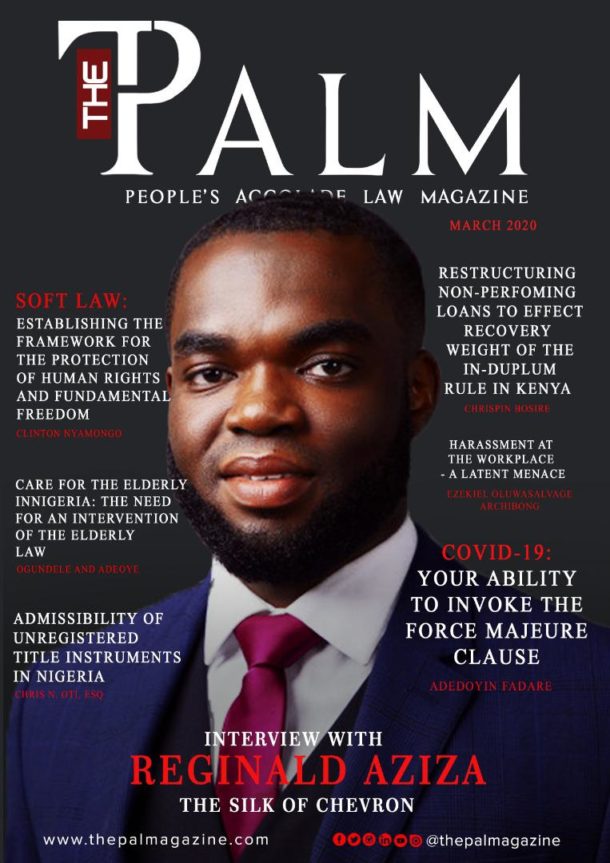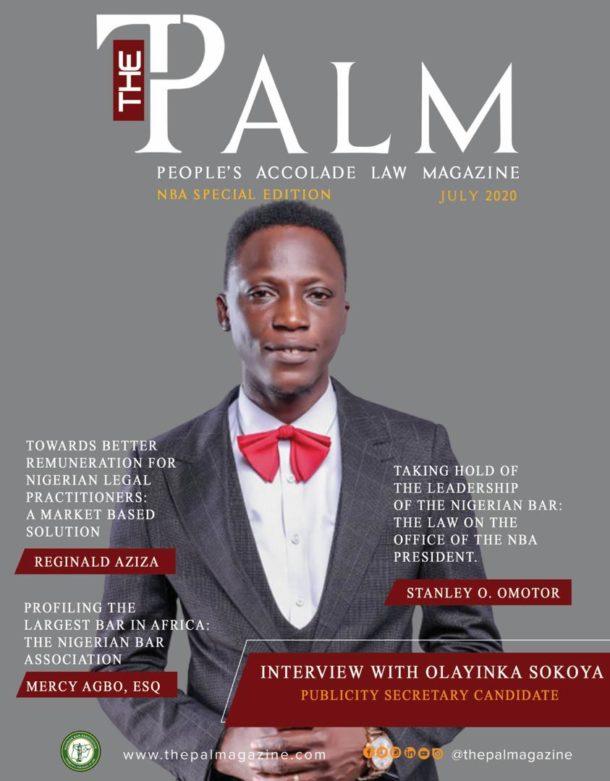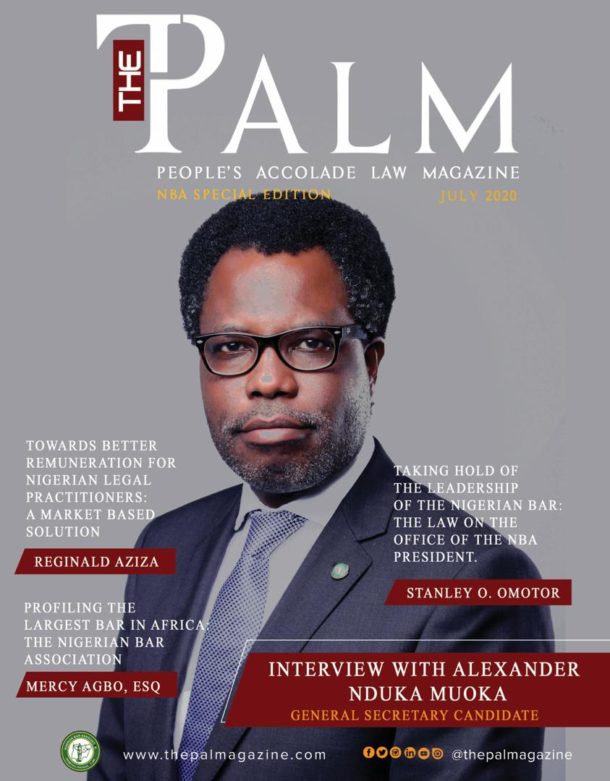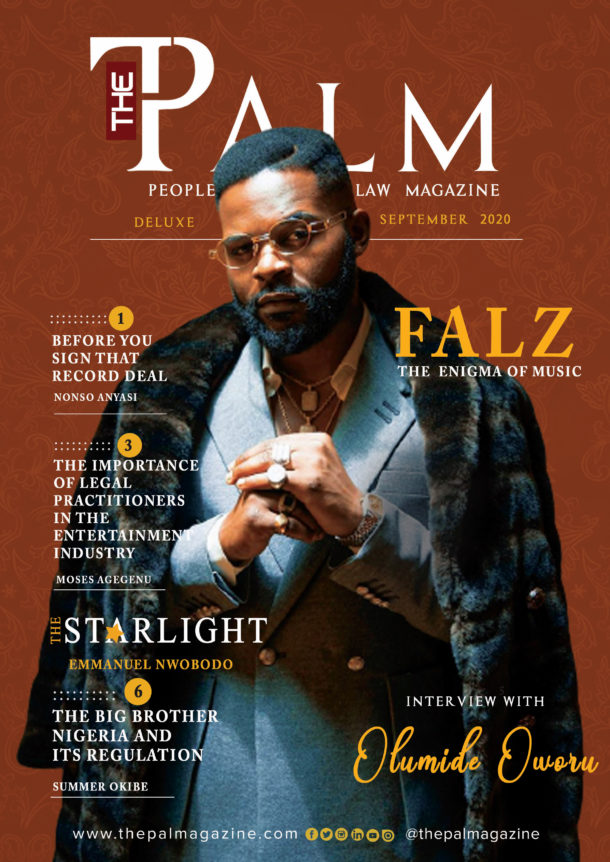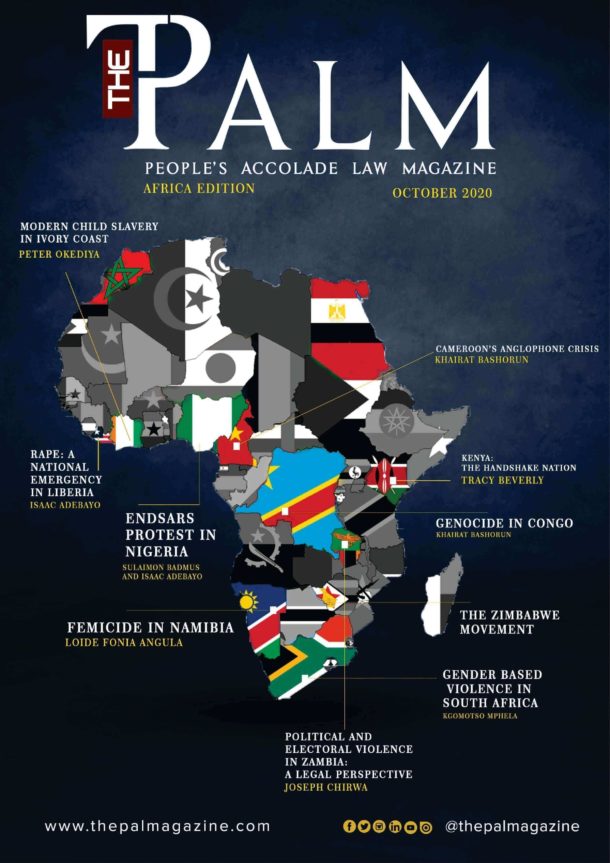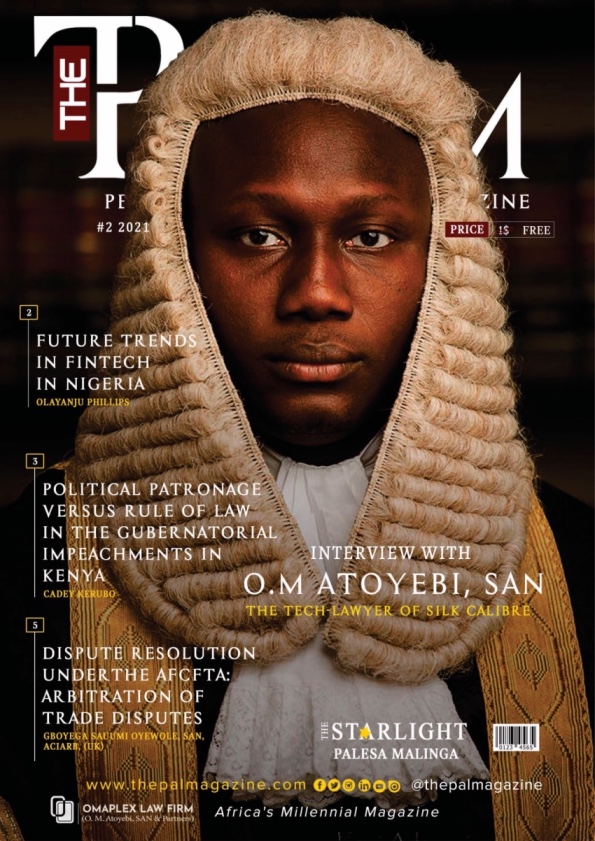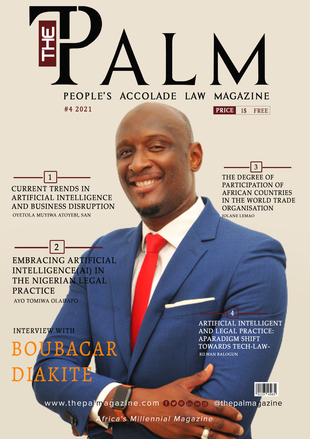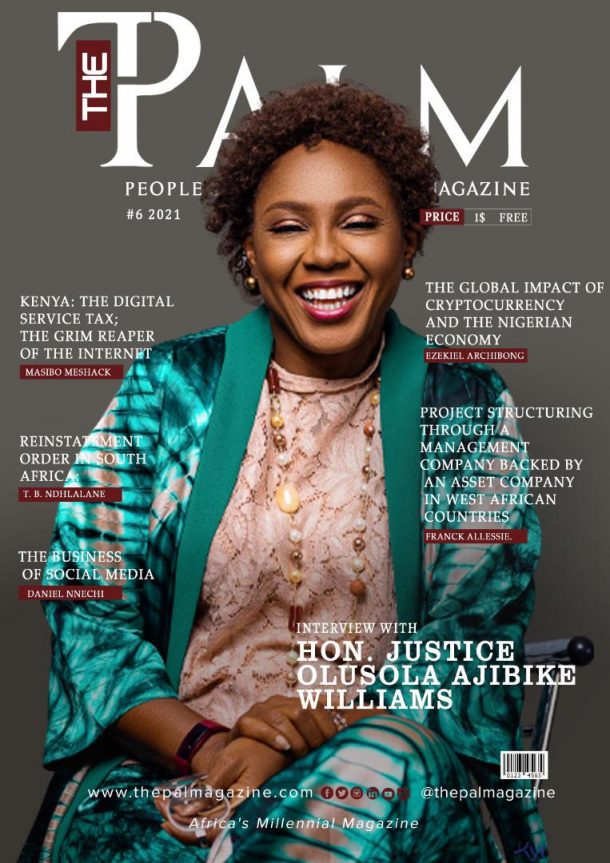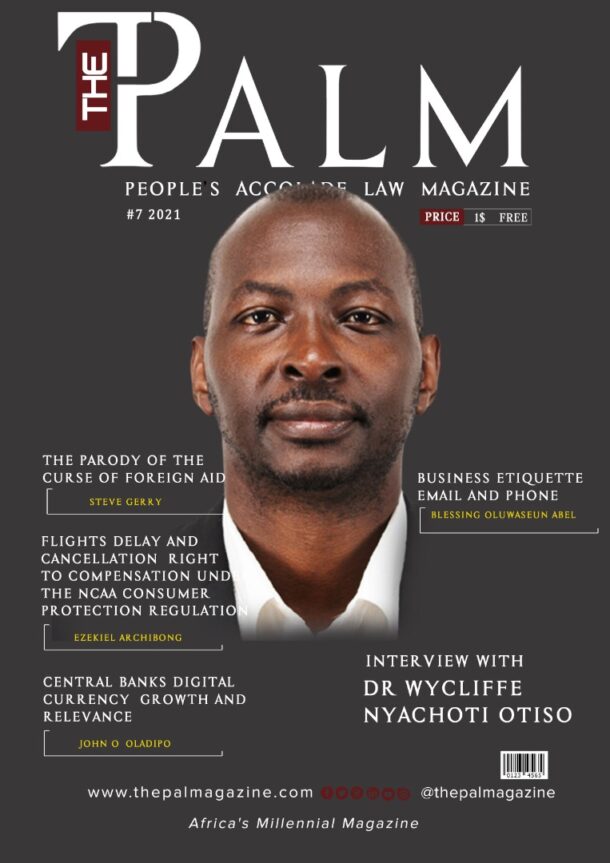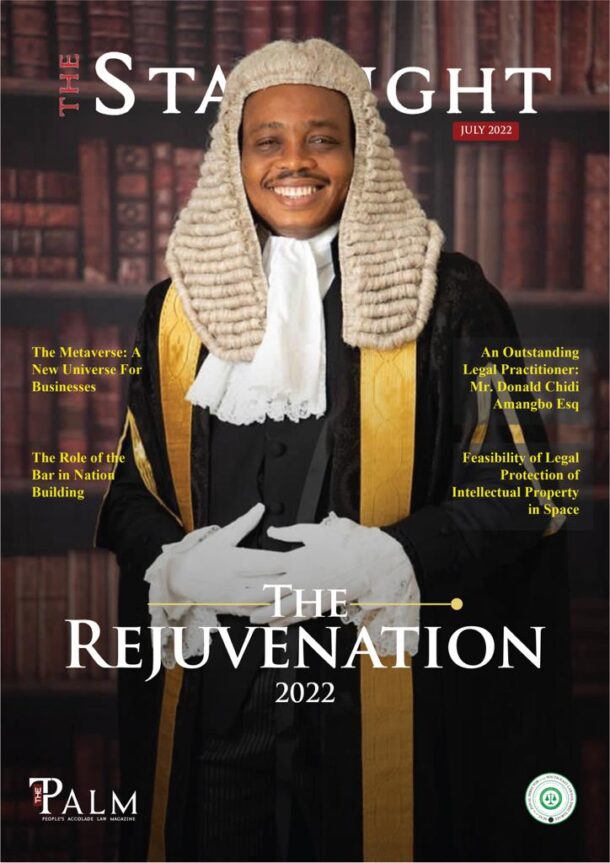During this covid-19 period, I have been privileged to attend several Africa regional webinars on law and technology. However, a comprehensive discussion or report on the webinar is not the gist of this paper. What is disturbing, and which I shall briefly discuss in this article, is a shared concern over the sporadic and disruptive trends in the African legal industry. To put even better, my good law teacher Professor Githu Muigai would caption such discussion in a brief title: “The Changing Character of the Legal Industry”.
From the webinars, one could deduce that the multi-billion and ancient legal industry is facing unprecedented times. To the detriment of its conservative crew, the ship of the old, highly regulated and prestigious profession seems to be changing direction suo motu. From the speakers, teachers, students and stakeholders in these webinars, it is clear that everyone is uncomfortable with at least an aspect of practice in their country or in Africa at large. The trajectory of the changing character of legal practice could be traced back to the emergence of disruptive technologies; concerns over professional competence; social media and ethical issues; trade relations; lawyers’ remuneration, and the industry’s regulatory concerns.
The Heart of the Matter
The legal profession’s crisis is eminent. The disruption on the legal industry is an issue all stakeholders must come together to address. The root cause of the escalating discomfort, disentanglement, class struggle and quality redundancy in the industry is an open secret, the industries traditional character.However, I do appreciate that the problem could be seen and approached differently depending on one’s choice of lens, school of thought, or even practice experience.
I must indicate that the industry’s problem is entrenched within in the character of the profession. One of thehe greatest challenge of legal studies and practice in Africa is the profession’s rigidity to innovate and to embrace technological changes.
It is amazing to witness how technology is changing the human lifestyle and business trends in Africa. Technology is disrupting everything so vigorously and violently, staging a real coup de tatto the ancient African legal empire, which has for a long time been ruled by the old wealthy learned friends. Like the Biblical Pharisees, these aging fee lords of gray hair demand maximum respect and honour in public gatherings, in courts and in chambers. Unfortunately, back in their offices some of these senior lawyers are Africa’s worst human right abusers. They have carved a niche as stingy tyrants that practice not what they profess in court corridors and in law classes. Some are rude and heartless in all their dealings with young advocates and interns; always bragging to know much and are fast in wishing juniors away. However, with the digital society taking over the traditional world, African lawyers must now learn to appreciate each other’s value and potential in the industry, regardless of the age, wealth or experience. We must all be willing to learn the new and unlearn the old, share and exchange knowledge and expertise. The world is changing so fast and without adaptabilityand flexibility, a conservative lawyer’s knowledge and experience can only be perfect subjects of the law of diminishing return.
A Call for Changes
In the 21st century, where technology is prominent and big economies are literally run by technology, I find it calamitous that the legal industry in Africa, led by conservative seniors, is still in acute denial of the changing character of the legal market.
The world is on the verge of the forth industrial revolution. Competition for the limited resources is high, and with immense urgency and agility, the world is seeking development and solutions to its modern challenges. The legal industry led by young African lawyers must therefore rise to the occasion and be part of the change via innovative solutions.
I believe that for this profession to stand the test of time, the corpus of every law syllabus and practice rules must be redefined to align with the emerging technological and market trends.
Unfortunately, our law schools, law firms and the judiciary are still not giving technology the prominence it deserves. For instance, with the universities and law school strenuous resources, law students are forced-fed with bulky traditional information of little relevance today. They are equipped witharchaeological tools and ideas to solve problems of a world that no longer exists.
Our traditional education system, conservative mindset and the stinking corruption in Africa is what is holding the legal industry hostage. The poor African law student and young lawyers do not have the freedom and the resources to choose what area of law they wouldd like to pursue or specialize in. In an era of labour specialization, the African legal system continues adamantly to produce professional gamblers whose objective is to use law as a tool for acquiring wealth and societal status. These so calledJacks of all trades have no area of expertise; and have nowperfected the art of copy-pasting precedence and case laws. The tragedy of these ‘Google search’ lawyers and magistrates is high dependence on borrowed legal solutions, creating volumes ofsubmissions and judicial decisions in which they recite foreign judgments word by word. With a surplus of general lawyers in Africa, the African continent will be full of general thinkers who think shallowly about everything, but critically about nothing. Little innovation will flow from either the bench or the African bar, a situation which in effect will advance to the trail of unsettling, unpredictable and blind jurisprudence across the continent. The profession will erode in its integrity, research, thoroughness, effectiveness and relevance of legal solutions.
The Future of Justice in Africa
The future of legal practice and justice in Africa depends heavily on technology, specialization of labour and more so, the willingness of young African lawyers to be the drivers of change. Without doubt, technology has changed everything; it has created the cyberspace, the new home of the mind, a virtuous world which has demolished the traditional brick and mortar society to the base. This online environment is presenting unique challenges, virtues and vices. For instance, the international community is having a serious problem in regulating cyberspace. African lawyers must arise and be part of such conversation. There is an opportunity for us as young lawyers to be become online “norm entrepreneurs”. Africa must now write and set concrete juridical precedence on matters such as digital democracy, e-voting, e-commerce, online defamation, digital human rights, international cyber law, cybersecurity, data privacy and protection, taxation of the digital economy, liability of artificial intelligence, internet of things, digital forensic evidence, intellectual property rights, digital currencies, digital identities, robotics, cyber warfare, cloud computing and cloud evidence, virtual law firms, virtual courts, social media, cyber bullying, cyber-terrorisms, cybercrimes, cyberspace conservation and other emerging technologies.
Conclusion
With technology, the legal professionals have more career paths, lifetime opportunities, and geographic freedom than ever before. However, to remain relevant and futuristic, the legal industry in Africa must approach and interact with law in the context of the modern cyber-society and modern trends and challenges. Conventionally, law has three prime functions in any society; for social control, dispute resolution and social change. The legal industry should therefore appreciate these functions of law and teach or use law appropriately having the complex character of the digital person in mind. Without an objective change to address the needs of the modern society the legal industry will plunge into a quagmire of confusion and self-destruction. God forbid!
Gabriel is an Editor at The PALM. He can be reached via okoyo@thepalmagazine.com










